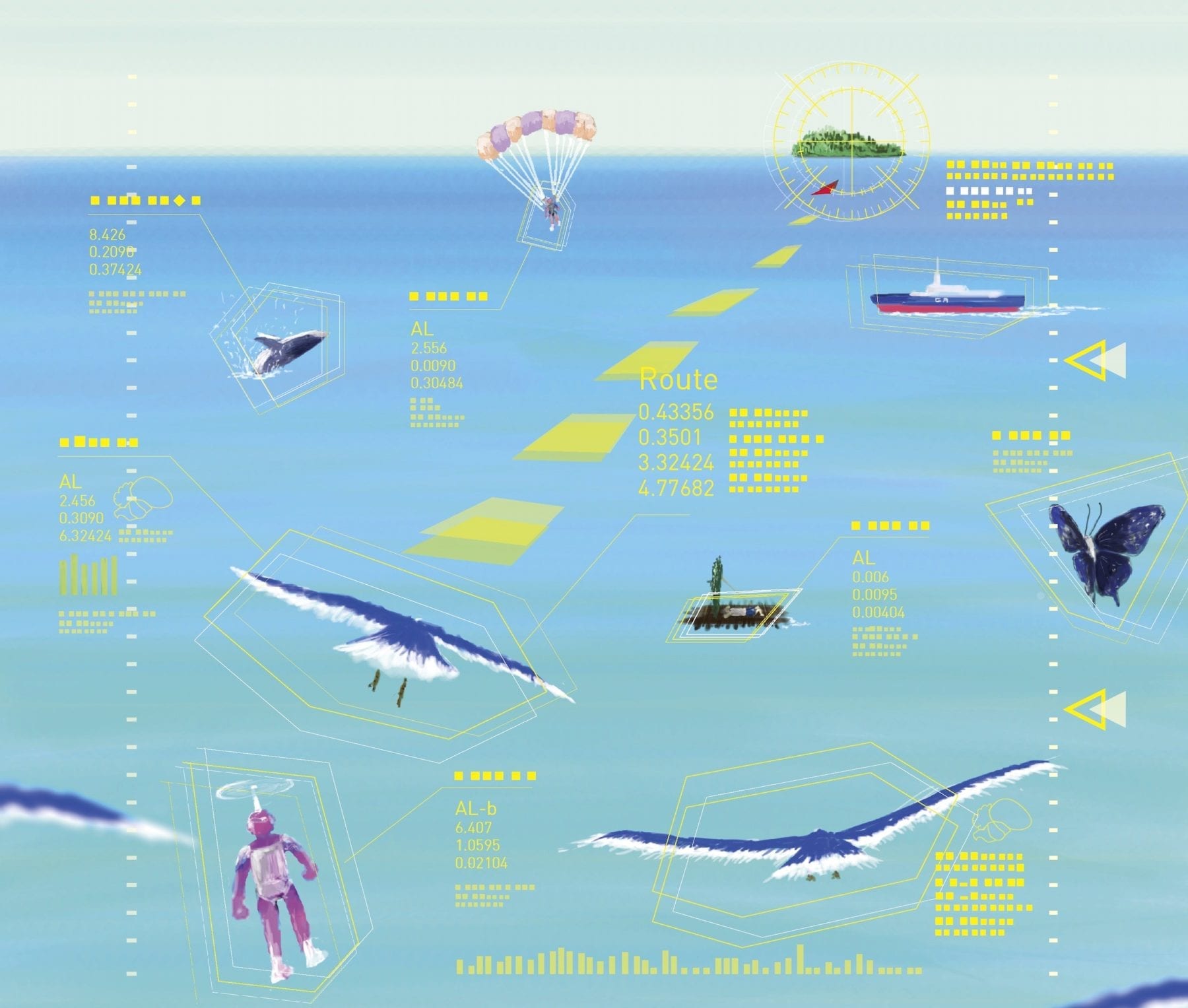
Rice computer scientist Moshe Vardi: Human labor may be obsolete by 2045
Rice University computer scientist Moshe Vardi expects that within 30 years, machines will be capable of doing almost any job that a human can. In anticipation, he is asking his colleagues to consider the societal implications. Can the global economy adapt to greater than 50 percent unemployment? Will those out of work be content to live a life of leisure?
“We are approaching a time when machines will be able to outperform humans at almost any task,” Vardi said. “I believe that society needs to confront this question before it is upon us: If machines are capable of doing almost any work humans can do, what will humans do?”
Vardi addressed this issue Sunday in a presentation titled “Smart Robots and Their Impact on Society” at one of the world’s largest and most prestigious scientific meetings — the annual meeting of the American Association for the Advancement of Science in Washington, D.C.
“The question I want to put forward is, Does the technology we are developing ultimately benefit mankind?” Vardi said. He asked the question after presenting a body of evidence suggesting that the pace of advancement in the field of artificial intelligence (AI) is increasing, even as existing robotic and AI technologies are eliminating a growing number of middle-class jobs and thereby driving up income inequality.
Vardi, a member of both the National Academy of Engineering and the National Academy of Science, is a Distinguished Service Professor and the Karen Ostrum George Professor of Computational Engineering at Rice, where he also directs Rice’s Ken Kennedy Institute for Information Technology. Since 2008 he has served as the editor-in-chief of Communications of the ACM, the flagship publication of the Association for Computing Machinery (ACM), one of the world’s largest computational professional societies.
Vardi said some people believe that future advances in automation will ultimately benefit humans, just as automation has benefited society since the dawn of the industrial age.
“A typical answer is that if machines will do all our work, we will be free to pursue leisure activities,” Vardi said. But even if the world economic system could be restructured to enable billions of people to live lives of leisure, Vardi questioned whether it would benefit humanity.
“I do not find this a promising future, as I do not find the prospect of leisure-only life appealing. I believe that work is essential to human well-being,” he said.
“Humanity is about to face perhaps its greatest challenge ever, which is finding meaning in life after the end of ‘In the sweat of thy face shalt thou eat bread,’” Vardi said. “We need to rise to the occasion and meet this challenge” before human labor becomes obsolete, he said.
Learn more: When machines can do any job, what will humans do?
The Latest on: Robots impact on society
[google_news title=”” keyword=”robots impact on society” num_posts=”10″ blurb_length=”0″ show_thumb=”left”]
via Google News
The Latest on: Robots impact on society
- Artificial intelligence has psychological impacts our brains might not be ready for, expert warnson April 30, 2024 at 1:00 pm
While artificial intelligence promises to make life easier, the technology is already affecting our mental health and understanding of reality, warns one neuroscientist.
- Is Society Ready for the Impact of AI on the Workforce?on April 29, 2024 at 6:00 am
Whereas automation focused primarily on blue-collar workers, generative AI is impacting white-collar jobs in areas previously immune to automation.
- The Impact of Artificial Intelligence on Job Market Trendson April 25, 2024 at 3:49 am
Are robots taking over our jobs? Will artificial intelligence make human labor obsolete? These questions have been wandering over the job market for years, sparking debates and fears about the future ...
- Amazon Grows To Over 750,000 Robots As World's Second-Largest Private Employer Replaces Over 100,000 Humanson April 11, 2024 at 9:18 am
The shift has the potential to significantly impact job dynamics within the company and beyond. While Amazon asserts that robots are meant ... for Amazon, and society at large, will be to navigate ...
- Apple Robots: Tech Giant Begins New Program After Car Failureon April 3, 2024 at 1:20 pm
and studying the impact that robots will have on society in the coming years. The company is reportedly focusing on ‘home robotics,’ or robots that will be used to assist people in daily life ...
- What do we feel about robots, and what does that say about us?on January 22, 2024 at 3:59 pm
How personality impacts the way we feel about robots Dr Krpan and his ... How can policymakers successfully integrate robots into society? However one might feel about robots, as a society, we are ...
- Could AI-powered Robot “Companions” Combat Human Loneliness?on July 11, 2023 at 5:00 pm
“But until society prioritizes social connectedness and eldercare ... robots if they prove to be effective friendship supplement. How to measure a robot’s impact, though, remains tricky. This lack of ...
- Making a social impacton September 3, 2019 at 12:19 pm
Social robotics poised to have huge impact Social robots are autonomous robots designed ... It is a disruptive innovation poised to have a huge impact on society, particularly in domestic ...
- The robots putting food on the tableon June 20, 2019 at 3:36 am
Robots like Tom are hoped ... have not only had a dramatic impact on how crops are grown and the amount of food we can produce, they have also moulded society.
- Smarter Than You Thinkon January 6, 2011 at 7:24 am
Mobile robots have been used for years by the military and law enforcement, but with falling costs, the next frontiers are the office, the hospital and the home. Computer scientists are developing ...
via Bing News










